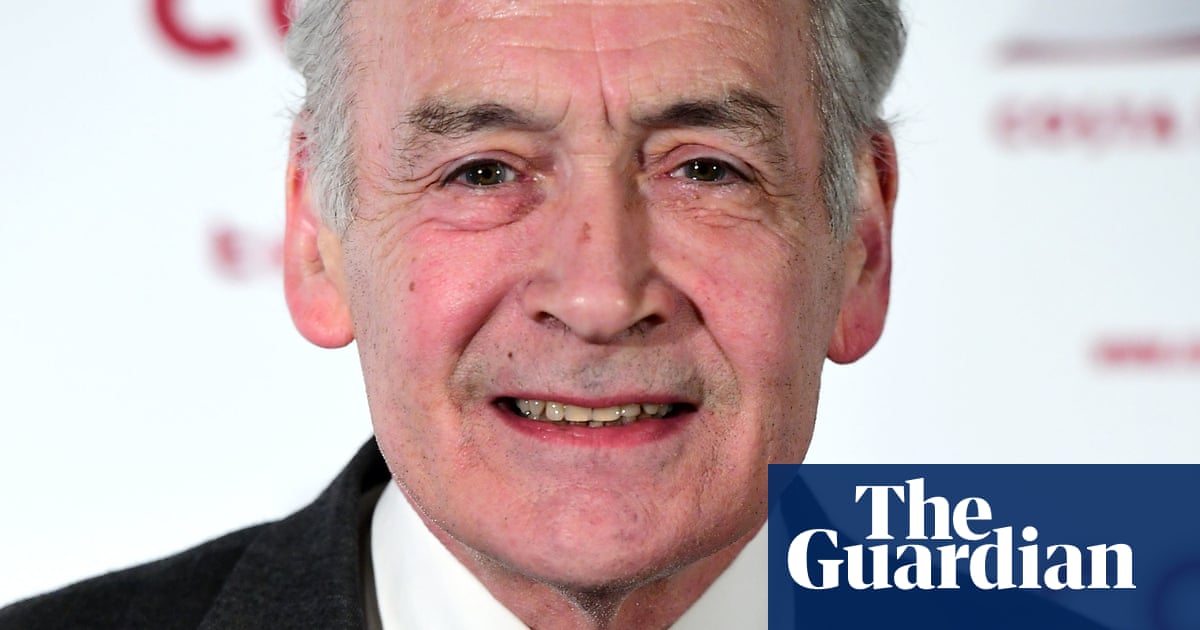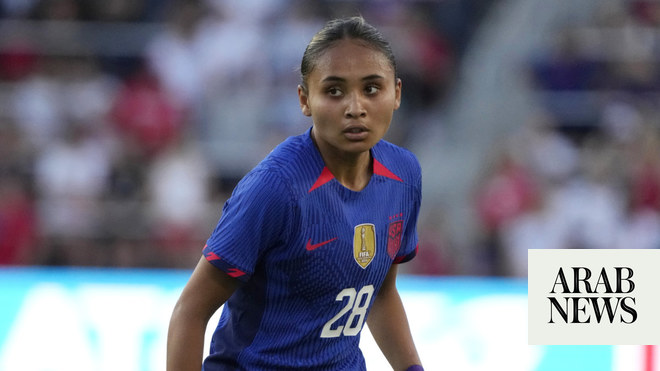
Steve Thompson, who won the Rugby World Cup with England in 2003, has been diagnosed with early onset dementia and is joining a group of former players in a potentially landmark legal action for the sport.
The eight former players, who are all under the age of 45, are proposing to bring legal proceedings against World Rugby – the game’s governing body – the Rugby Football Union in England and the Welsh Rugby Union over what they claim is their failure to protect them from the risks caused by concussions.
Thompson, 42, said he cannot remember winning the World Cup, would not want his own children to play the game “the way it is at the moment” and that he regrets ever taking it up himself.
All the players have received the same diagnosis – dementia with probable chronic traumatic encephalopathy (CTE), for which the only known cause is repeated blows to the head. CTE can be diagnosed for certain only by a post-mortem dissection of the brain.
Richard Boardman of Rylands Law, representing the players, claims there is a “ticking timebomb” of players who are developing symptoms as they reach their 40s and 50s. They anticipate the first eightare the test cases in a potential group litigation order. Three others have been diagnosed with probable CTE but are not yet signed up. Boardman is already in touch with more than 100 players from union and league who are reporting symptoms, a figure that has steadily grown in recent months.
If successful, the case could have profound repercussions for the future of rugby union and potentially other sports such as rugby league and football, which is dealing with its own controversy over the links between heading the ball and dementia.
Thompson, capped 73 times for England and three times by the British & Irish Lions, was a member of the celebrated England XV who famously won the World Cup in Australia in 2003 thanks to a Jonny Wilkinson drop goal in extra-time. Thompson was awarded an MBE alongside other members of the team. His position, as hooker in the front row of the scrum, is one of the most punishing in the sport.
In a revealing and at times harrowing interview with the Guardian, Thompson said he has panic attacks and is prone to mood swings. He is far less sociable than he used to be, his memory regularly fails him and he is sometimes unable to remember the name of his wife.
“You see us lifting the World Cup and I can see me there jumping around. But I can’t remember it,” Thompson said. “I’d rather have just had a normal life. I’m just normal. Some people go for the big lights, whereas I never wanted that. Would I do it again? No, I wouldn’t. I can’t remember it. I’ve got no feelings about it.”
The other players include Alix Popham, 41, capped 33 times for Wales as a flanker or No 8, and Michael Lipman, 40, who played 10 times for England as a flanker and now lives in Australia.
They are part of the first generation to have played an entire career of full-time rugby union, after the game turned professional in the mid-1990s. Their claim is that the governing bodies have failed in their duty of care, having not acted upon the known risks of head injury, particularly after professionalism led to a clear intensification in the sport’s dynamics.
In May 2011, four months after the death of the schoolboy Ben Robinson, World Rugby reduced the minimum return to play after a concussion from three weeks to six days, relaxing a policy that had stood since 1977.
The players will seek compensation for the repercussions they are suffering, the impact on their employment prospects and the cost of care they and their families will likely incur in the years to come. They are also presenting a list of measures to change the game which they call their “15 commandments”, which address their most pressing concerns, including a limit to the amount of contact in training, a reduction in tactical substitutions and several measures designed to improve the detection of brain injury and the care of those affected.
A spokesperson for World Rugby said: “While not commenting on speculation, World Rugby takes player safety very seriously and implements injury-prevention, management and education strategies based on the latest available knowledge, research and evidence.” The Welsh Rugby Union said it supported the World Rugby statement. The RFU would not comment.
These are worrying times for sports around the world. In football, the heightened rate of dementia among England’s other World Cup winners, the team of 1966, has brought to attention the risks of heading the ball. Nobby Stiles and Jack Charlton died this year with dementia, since when the family of Jack’s brother Sir Bobby have announced the same diagnosis. Rugby’s legal action appears to echo that in American football. The NFL agreed in 2013 to pay damages to some former players, expected to amount to more than $1bn (£754m).
Chris Bryant, Labour MP for Rhonda and chair of the all-party parliamentary group on brain injury, said sport had been too complacent. “We really need to take this seriously and I beg the government and all the sporting organisations to come and sit down round the table so that we can get this right.”
The diagnoses have been arrived at by a neurologist and a neuropsychologist through investigation of the players’ symptoms of cognitive decline, in conjunction with the detection through diffusion tensor imaging (DTI) of brain damage consistent with these symptoms.
Another of the 15 commandments is to use this technology to institute continuous baseline assessments of players’ brains. A DTI scan is a more sophisticated form of magnetic resonance imaging (MRI) that can pick up microscopic changes in the brain, which the standard MRI cannot. By making use of this technology, players may be issued with a kind of MOT through which they can acquire the licence to play.
“When you play in France, you have a heart scan at the start of each season to get your permit,” said Thompson. “Why on earth are you not getting scans on your brain every year? Lads are going to be 22 or 23 and they’re going to have to retire. But trust me, it’s better finishing then than to be where I am now.”












